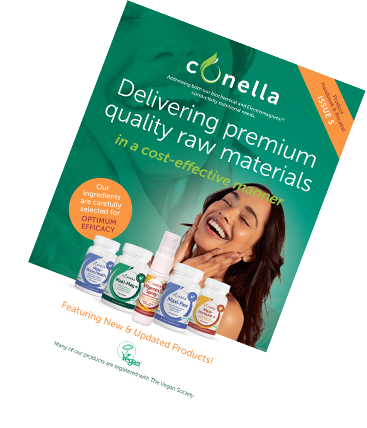
The word inflammation is often associated with temporary pain due to an injury, allergic reaction or muscle strain for example. In fact, some of the most serious chronic medical conditions are a form of inflammation, usually caused by oxidative stress. Including cancer, cardiovascular disease, autoimmune diseases, type 2 diabetes, arthritis, and Alzheimer’s Disease.
If you have a medical diagnosis linked to an inflammatory condition, it is likely to end in ‘itis’ which is Latin for inflammation. For instance, appendicitis, colitis (colon), cystitis (bladder), gingivitis (gums), pericarditis (the sac surrounding the heart), gastritis (stomach), and mastitis (breasts).
Then, of course, severe allergic reactions and asthma are also inflammatory responses.
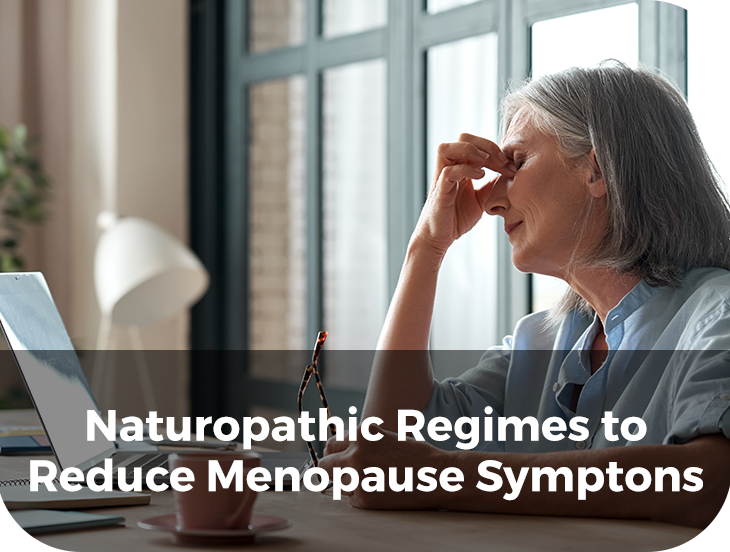 Why is menopause more of a health issue for women in the UK, compared to women in Japan?
The answer to that question is highly significant in finding natural ways to reduce and manage menopause symptoms. It could also provide clues for the many women keen to find alternatives to hormone replacement therapy. According to the British Menopause Society: “Menopause is a major life event, marking the end of the reproductive life cycle, and many women may experience troublesome symptoms related to menopause for a number of years. This can have a detrimental impact on their quality of life, wellbeing and may also have a significant impact on their personal relationships and work.”
Why is menopause more of a health issue for women in the UK, compared to women in Japan?
The answer to that question is highly significant in finding natural ways to reduce and manage menopause symptoms. It could also provide clues for the many women keen to find alternatives to hormone replacement therapy. According to the British Menopause Society: “Menopause is a major life event, marking the end of the reproductive life cycle, and many women may experience troublesome symptoms related to menopause for a number of years. This can have a detrimental impact on their quality of life, wellbeing and may also have a significant impact on their personal relationships and work.”










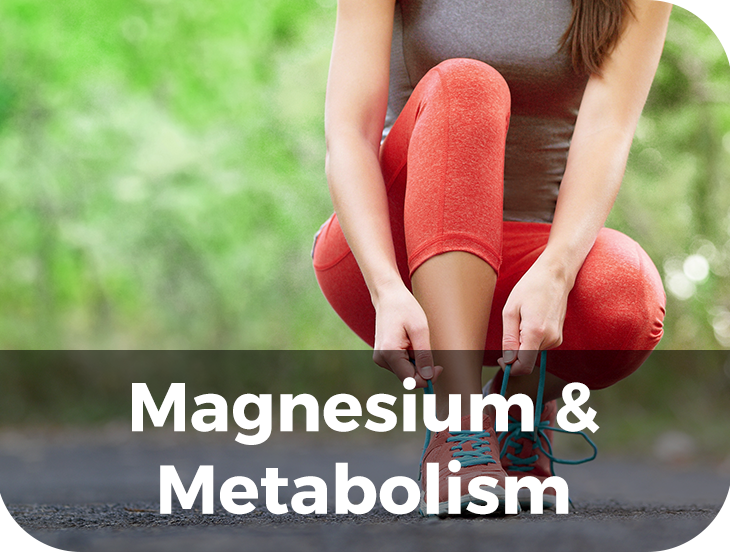 The finely tuned processes that keep us alive – and healthy - all depend on the balance of nutrients we ingest. Some of these make an appearance on multiple lists of the most hardworking vitamins and minerals.
One such vital nutritional component is magnesium, which is literally supporting us around the clock. That’s because one of the jobs magnesium does is to help us to think clearly, move around adroitly, sleep well and have a regularly beating heart! It also plays a part in our energy release and mood levels.
As magnesium is crucial to our physiology, and therefore our diet, we have created a guide that explores:
• The role of magnesium in preventing and managing chronic illness.
• Brain health and magnesium.
• How magnesium supports good mental health, energy levels and sleep.
• Magnesium’s ability to be an anti-inflammatory, and potentially a natural remedy for migraines.
• The potential for magnesium to tackle common issues such as PMS.
• The most bioavailable sources of magnesium.
The finely tuned processes that keep us alive – and healthy - all depend on the balance of nutrients we ingest. Some of these make an appearance on multiple lists of the most hardworking vitamins and minerals.
One such vital nutritional component is magnesium, which is literally supporting us around the clock. That’s because one of the jobs magnesium does is to help us to think clearly, move around adroitly, sleep well and have a regularly beating heart! It also plays a part in our energy release and mood levels.
As magnesium is crucial to our physiology, and therefore our diet, we have created a guide that explores:
• The role of magnesium in preventing and managing chronic illness.
• Brain health and magnesium.
• How magnesium supports good mental health, energy levels and sleep.
• Magnesium’s ability to be an anti-inflammatory, and potentially a natural remedy for migraines.
• The potential for magnesium to tackle common issues such as PMS.
• The most bioavailable sources of magnesium.
 The word inflammation is often associated with temporary pain due to an injury, allergic reaction or muscle strain for example. In fact, some of the most serious chronic medical conditions are a form of inflammation, usually caused by oxidative stress. Including cancer, cardiovascular disease, autoimmune diseases, type 2 diabetes, arthritis, and Alzheimer’s Disease.
If you have a medical diagnosis linked to an inflammatory condition, it is likely to end in ‘itis’ which is Latin for inflammation. For instance, appendicitis, colitis (colon), cystitis (bladder), gingivitis (gums), pericarditis (the sac surrounding the heart), gastritis (stomach), and mastitis (breasts).
Then, of course, severe allergic reactions and asthma are also inflammatory responses.
The word inflammation is often associated with temporary pain due to an injury, allergic reaction or muscle strain for example. In fact, some of the most serious chronic medical conditions are a form of inflammation, usually caused by oxidative stress. Including cancer, cardiovascular disease, autoimmune diseases, type 2 diabetes, arthritis, and Alzheimer’s Disease.
If you have a medical diagnosis linked to an inflammatory condition, it is likely to end in ‘itis’ which is Latin for inflammation. For instance, appendicitis, colitis (colon), cystitis (bladder), gingivitis (gums), pericarditis (the sac surrounding the heart), gastritis (stomach), and mastitis (breasts).
Then, of course, severe allergic reactions and asthma are also inflammatory responses.
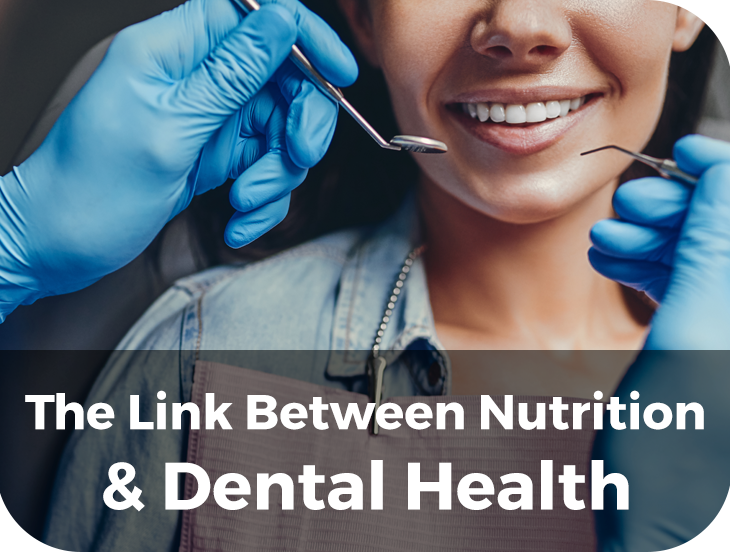 A shocking 84% of UK adults are classified as being ‘highly at risk’ of developing tooth decay. That's despite all the publicity about regularly cleaning your teeth, and all the oral hygiene products on supermarket shelves.
The NHS reports that 9.7 million dental treatments a year - such as fillings, extractions, and root work- are delivered yearly in England alone!
Could part of the reason for that, be dietary shortfalls rather than poor oral hygiene?
We all know the things we shouldn’t eat – sugary snacks and drinks. Also, the role calcium plays in building our teeth is well publicised. Fortunately, calcium-rich foods are now commonplace in most households and the NHS acknowledges that you “get all the calcium you need by eating a varied and balanced diet”.
However, calcium is not the only dietary element that promotes healthy teeth, gums and mouths in general!
Are there nutritional supplements to optimise dental health, and what can we eat…. to strengthen the system, we use to eat?
A shocking 84% of UK adults are classified as being ‘highly at risk’ of developing tooth decay. That's despite all the publicity about regularly cleaning your teeth, and all the oral hygiene products on supermarket shelves.
The NHS reports that 9.7 million dental treatments a year - such as fillings, extractions, and root work- are delivered yearly in England alone!
Could part of the reason for that, be dietary shortfalls rather than poor oral hygiene?
We all know the things we shouldn’t eat – sugary snacks and drinks. Also, the role calcium plays in building our teeth is well publicised. Fortunately, calcium-rich foods are now commonplace in most households and the NHS acknowledges that you “get all the calcium you need by eating a varied and balanced diet”.
However, calcium is not the only dietary element that promotes healthy teeth, gums and mouths in general!
Are there nutritional supplements to optimise dental health, and what can we eat…. to strengthen the system, we use to eat?
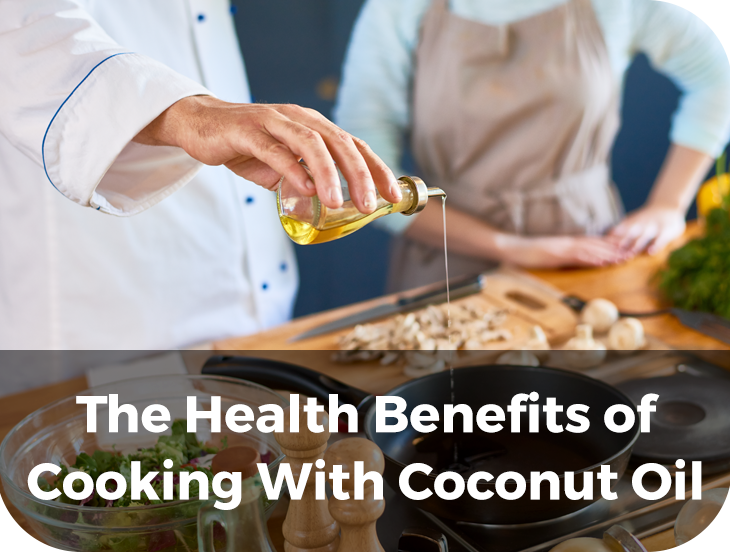 If you're purposeful in your nutrition to protect your health, one of the thorniest topics is likely to revolve around one of the most fundamental ingredients in kitchens worldwide. We are talking about cooking oil or fat. There are times when you need something to help you seal or lightly sauté foodstuffs, and fats are used in baking. Also, there is plenty of evidence to suggest that consuming some types of fat is good for you.
If you're purposeful in your nutrition to protect your health, one of the thorniest topics is likely to revolve around one of the most fundamental ingredients in kitchens worldwide. We are talking about cooking oil or fat. There are times when you need something to help you seal or lightly sauté foodstuffs, and fats are used in baking. Also, there is plenty of evidence to suggest that consuming some types of fat is good for you.
